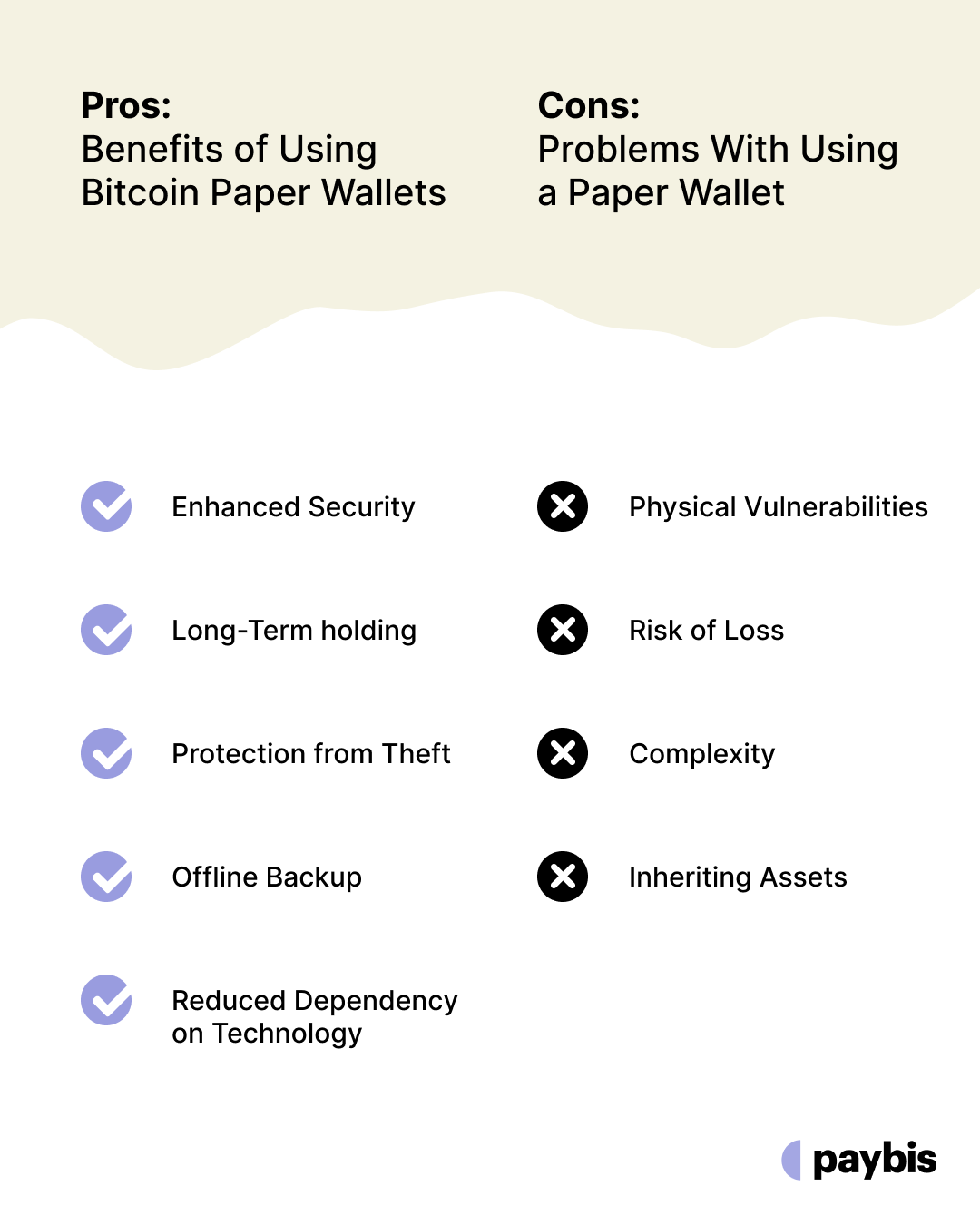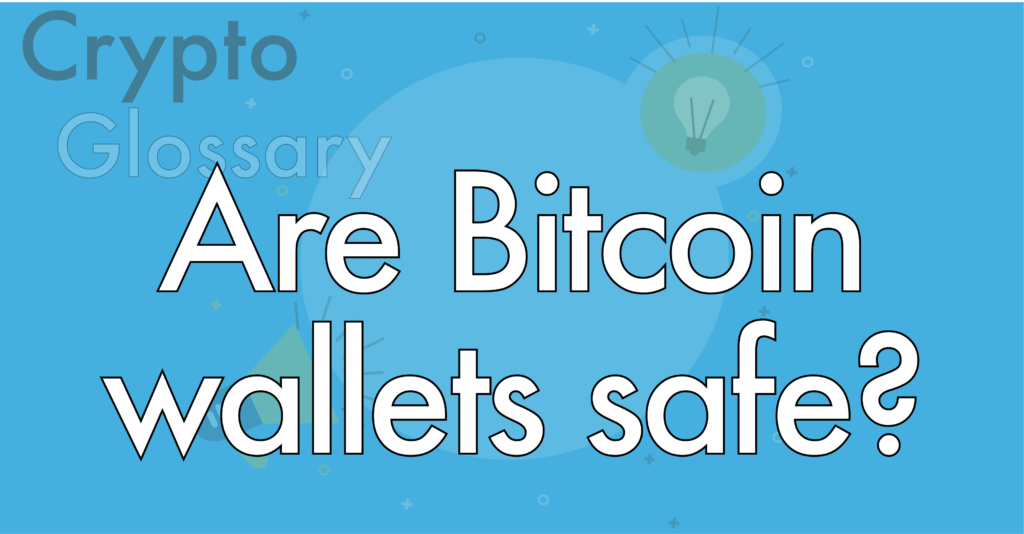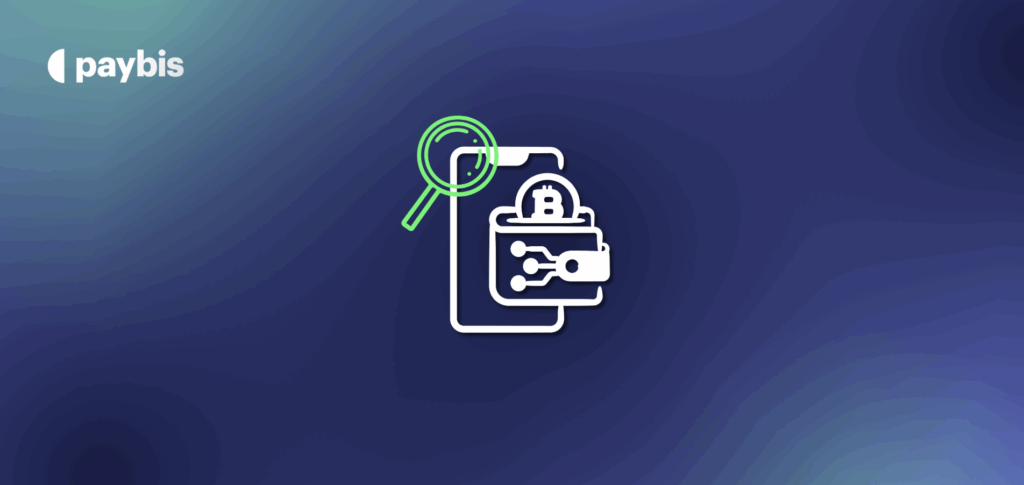Bitcoin Paper Wallets
Bitcoin paper wallets are a secure method of storing Bitcoins offline. They consist of a physical piece of paper which contains a private and public key pair printed on it.
Bitcoin, a groundbreaking digital currency, has revolutionized the way we think about money. Its decentralized nature, high-security standards, and the ability to make quick, borderless transactions have captivated the world’s attention. But as you dive deeper into the Bitcoin rabbit hole, you’ll inevitably stumble upon a somewhat paradoxical term: “paper wallets.”
For those new to the world of cryptocurrency, this concept can be bewildering. How is it possible to store a digital asset—something inherently intangible—on a piece of paper?
The confusion is understandable. We’re accustomed to thinking that the safer the asset, the more complicated the security mechanism should be. However, the beauty of Bitcoin’s design is that it allows for robust security in the most simplistic forms.
This article aims to demystify the cold storage wallet concept of Bitcoin paper wallets, how to make a paper wallet Bitcoin, explain what is a Bitcoin paper wallet and why they might just be the most secure way to store your Bitcoin—without costing you a dime.
Table of contents
- Bitcoin: A Revolutionary Digital Currency
- The Inception of Bitcoin Paper Wallets
- What Is A Bitcoin Paper Wallet?
- How Do Bitcoin Paper Wallets Work?
- Step-by-Step Guide on How to Generate Bitcoin Paper Wallets
- How to Access Your Bitcoin Paper Wallet?
- How to Safeguard Your Paper Wallet
- Why Use a Paper Wallet?: Pros and Cons
- Pros: Benefits of Using Bitcoin Paper Wallets
- Cons: Problems With Using a Paper Wallet
- Hot Wallets v/s Cold Paper Wallets?
- Frequently Asked Questions
- Buy Crypto with Paybis
- Conclusion
Bitcoin: A Revolutionary Digital Currency
Since its inception in 2009, Bitcoin has been a revolutionary digital currency that reinvented the landscape of finance via decentralization and transparency.
Created by the pseudonymous Satoshi Nakamoto, Bitcoin introduced the concept of fully decentralized transactions leveraging blockchain technology.
Bitcoin’s history is marked by its meteoric rise in value, from a few cents to thousands of dollars per coin, attracting both investors and skeptics.
Taking bitcoin’s decentralized nature, limited supply (21 million), and security into consideration, Bitcoin’s has made it a popular store of value and medium of exchange.
With so much value residing in a single asset, it’s natural that you’d want to store it in a safe place – away from thieving eyes and cybercriminals. Enter Bitcoin paper wallets.
The Inception of Bitcoin Paper Wallets
As Bitcoin plunged into popularity, so did the risk of online hacking and theft.
The concept of the Bitcoin paper wallet was conceived shortly after the launch of Bitcoin in 2009.
It was created as a secure offline storage method, allowing users to generate and print their private and public keys on paper.
Driven by blockchain technology core aspects such as decentralization and enhanced security, Bitcoin paper wallets allow users to store their Bitcoins on offline storages out of others reach.
This innovative solution aimed to protect Bitcoin holdings from online threats, offering enhanced security.
What Is A Bitcoin Paper Wallet?
Bitcoin paper wallets are a secure method of storing Bitcoins offline. They consist of a physical piece of paper which contains a private and public key pair printed on it.
- Public Address: Public Address can be utilized to receive Bitcoins into your wallet, It is similar to your bank account number, and it is completely safe to share with others.
- Private Key: Private keys are utilized to access and control the Bitcoins stored with the paper wallet or public address. Private keys are meant to be private/confidential as anyone who has access to it would have access to your Bitcoins.
How Do Bitcoin Paper Wallets Work?
Bitcoin paper wallets are just a piece of paper essentially containing your public/private keys in physical form. How paper wallets work is fairly simple to understand.
- Key Generation: A paper wallet generates a unique pair of public (address) and private keys, often offline for security.
- Bitcoin Storage: To store Bitcoin, send funds to the paper wallet’s public address. The paper represents the digital Bitcoin stored on the blockchain.
- Spending Bitcoin: To spend or transfer, “sweep” or “import” the private key into a Bitcoin wallet application, allowing you to authorize transactions.
- Cold Storage: Being completely offline, paper wallets are immune to online hacks, malware, and other electronic vulnerabilities.
- Physical Security: The safety of the Bitcoin is tied to the physical security of the paper; whoever possesses the paper can access the Bitcoin if they know how.
Note that keys can be generated offline via any Bitcoin paper wallet app or website.
What makes it fascinating is the various ways this private key can be put on it. It might be either as ‘1s and 0s,’ ‘word phrases from BIP-39,’ ‘QR codes,’ or ‘hexadecimal strings.'”
Step-by-Step Guide on How to Generate Bitcoin Paper Wallets

For those who know how to use a paper wallet. Now, follow these detailed steps in order to create a paper Bitcoin wallet efficiently.
Select a Trusted Paper Wallet Generator
Choose a reputable and secure paper wallet generator tool such as (bitaddress.org, bitcoinpaperwallet.com, and other well-established tools.)
Generate the Wallet
Access the Bitcoin paper wallet generator tool via your web browser. While doing so make sure to disconnect your device from the internet for added security.
Follow the instructions provided by the generator to create a new paper wallet.
Generate Public/Private Keys
The generator tool would draft a random Bitcoin public address for receiving funds and its corresponding private key for authorizing transactions. These would be generically presented as QR codes and alphanumeric strings.
Print the Paper Wallet
Upon generating the private/public keys, you should use a printer to create a physical copy of the paper wallet keeping the printer disconnected from internet connectivity.
Secure the Paper Wallet
Safely store the printed paper wallet in a secure place, such as a safe or vault.
Protect it from physical damage, fire, water, and unauthorized access.
How to Access Your Bitcoin Paper Wallet?
Since you already know how to generate a Bitcoin paper wallet, you must also learn how to access your Bitcoin paper wallets. Follow the instructions below to learn how to access your paper wallets efficiently.
- Prepare Your Private Key: Grab hold of your paper wallet and locate the private key which is in the form of a QR code and a printed alphanumeric string.
- Choose a Bitcoin Wallet: Select a trusted Bitcoin wallet application or a wallet app. There are many options available for desktop, mobile, and web-based wallets such as Trust Wallet, Electrum, MyEtherWallet, or Exodus.
- Import the Private Key: Access the wallet app and look for an option to import your private key. This option is mostly found in the wallet’s settings or menu.
- Scan or Enter the Private Key: You can enter your private key either by scanning the QR code present on your physical paper wallet or manually enter it by typing the alphanumeric characters.
- Verify and Confirm: The wallet application will prompt you to set up a PIN code or password upon importing the private key. Proceed only after you have completely reviewed the transaction details.
- Access Your Funds: Once the private key is successfully imported, your wallet application will display the Bitcoins within your wallet, allowing you to send or receive Bitcoins as required.
How to Safeguard Your Paper Wallet
Keeping your Bitcoin paper wallet safe is essential to ensure the security of your digital assets. Here are the steps on how to safeguard your paper wallet:
- Create in a Safe Environment: Always generate your paper wallet offline to avoid potential hackers or malware. Consider using an old computer or booting from a USB drive with a clean, offline operating system.
- Use a Trusted Paper Wallet Generator: Utilize reputable paper wallet generation tools, like BitAddress or Bitcoin Paper Wallet. Always download the software from the official website and verify its authenticity.
- Secure Printing: Use a wired printer; wireless printers can be vulnerable to hacks. Ideally, use a printer that has never been and will never be connected to the internet. If possible, use a printer with no internal memory.
- Physical Protection: Laminate the paper wallet to protect it from water damage or general wear and tear. Avoid folding the wallet to prevent damage to the QR codes.
- Multiple Copies: Make multiple copies of your paper wallet and store them in different secure locations. This ensures access to your funds even if one copy is lost or damaged.
- Avoid Showing: Never show your paper wallet’s private key to anyone. Once someone has the private key, they can access and transfer your Bitcoin.
- Safe Storage: Store the paper wallet in a fireproof and waterproof safe or deposit box. Consider safes specifically designed for document storage.
- Environmental Considerations: Keep the wallet away from sunlight, which can fade the ink over time. Store in a cool, dry place to prevent moisture damage.
- Digital Copies: If you decide to keep a digital copy, encrypt it with strong encryption tools. Avoid storing it on cloud services or devices connected to the internet.
- Regularly Check & Update: Check the state of your paper wallets from time to time. If you notice wear and tear or fading, create a new one and transfer your assets. As with all technology, there could be advancements in the Bitcoin protocol or best practices. Stay updated.
- Beware of Physical Theft: Just like cash or any physical valuable, paper wallets can be stolen. Always consider the security of the location where you store them.
- Consider a BIP38 Encrypted Wallet: BIP38 is a standard process to encrypt Bitcoin paper wallets. An encrypted paper wallet requires a passphrase to access, adding another layer of protection against theft.
Why Use a Paper Wallet?: Pros and Cons
Although paper wallets are a convenient method of storing Bitcoins securely, it comes with a handful of pros and cons. Let’s investigate the pros and cons of a Bitcoin paper wallet.

Pros: Benefits of Using Bitcoin Paper Wallets
- Enhanced Security: Paper wallets are generated and stored offline, making them immune to online hacking and cyber threats. This often results in increased security and decreased chances of losing your Bitcoins to digital breaches.
- Long-Term holding: Paper wallets are an excellent choice for long-term holding of Bitcoins. These wallets are not prone to any vulnerabilities associated with online wallets or exchanges.
- Protection from Theft: Bitcoin paper wallets are physical items that contain our private keys and are out of the reach/susceptible to remote theft or phishing attacks.
- Offline Backup: Bitcoin paper wallets with private keys can serve as a secure backup of your Bitcoin holdings. They can be used to recover your funds in case of wallet loss or hardware failure.
- Reduced Dependency on Technology: Bitcoin paper wallets provide a reliable, low-tech solution for holding cryptocurrencies as they do not rely on hardware or software or internet connectivity.
Cons: Problems With Using a Paper Wallet
Here are a few problems with using a paper wallet:
- Physical Vulnerabilities: Paper wallets are prone to physical damage and can be easily damaged by fire, water, or simply deteriorate over time. Storing the paper wallet in a secure and protected place is mandatory.
- Risk of Loss: Losing your paper wallet would result in immediate loss of funds. Therefore, it’s essential to have multiple backup copies of your private keys and store them securely.
- Complexity: Transferring Bitcoins or making transactions from a paper wallet tend to be a complex process and is a bit more of a hassle compared to hot wallets.
- Inheriting Assets: Passing on digital assets after one passes on can be complex unless specified in a will. However, including such details in a will can pose risks, potentially exposing sensitive information to unintended individuals
Hot Wallets v/s Cold Paper Wallets?
Hot wallets and cold paper wallets represent two distinct approaches to cryptocurrency storage, each with its own advantages and disadvantages.
Hot wallets are digital cryptocurrency wallets that are connected to the internet. These wallets are one of the most convenient means for regular transactions and trading. However, they are vulnerable to online hacking and theft due to their constant connectivity, demanding robust security measures.
In contrast, cold paper wallets provide enhanced security by storing cryptocurrency offline on a physical piece of paper. They’re immune to online threats but require careful handling and are less convenient for frequent transactions.
Choosing between a hot/cold wallet relies completely upon your requirements. Hot wallets are designated for accessibility, whereas cold paper wallets for long-term security.
Note that a variety of users utilize a combination of both for a balance of convenience and safety.
Frequently Asked Questions
Are Bitcoin paper wallets safe to use?
Yes! Bitcoin Paper Wallets are 100% safe to use. On generating your paper wallet you will be provided with a private key, as long as the private key is safe with you, your funds aren’t accessible by anyone.
Is it safe to reveal my Bitcoin paper wallet private keys?
No! Private keys are not meant to be shared or revealed. If you reveal your private keys with others, your funds would be at risk.
How do I purchase Bitcoins online?
Paybis is your one-stop solution! Paybis allows you to purchase Bitcoin (BTC) and a variety of other cryptocurrencies online, in a hassle-free, secure and convenient manner.
The best part — Paybis allows global users to buy/sell Bitcoin (BTC) completely anonymously without the need to verify any IDs.
Will I lose my Bitcoins if I store them in my Bitcoin paper wallet?
NO! Bitcoin Paper Wallets are cold storage wallets and work similarly to Bitcoin wallet apps (Hot Wallets) & Crypto hardware wallets. As long as your private keys are safe and secure your funds are safe.
Buy Crypto with Paybis
Have a Bitcoin paper wallet with zero Bitcoins? Worry not, Paybis is here to the rescue!
Paybis enables global users the ability to buy a wide range of cryptocurrencies including Bitcoin, in a secure, convenient & hassle-free method.
Paybis is one of those few platforms that allows you to buy Bitcoins (BTC) without verification.
Paybis not only acts as a platform that allows you to buy cryptocurrencies but also plays a significant role in educating you about the roots of web3/blockchain technology.
Conclusion
This article should have now provided you a crystal clear picture of paper wallets, how to create bitcoin paper wallet and how to use a Bitcoin paper wallet generator.
Crypto wallet security and management is a vast topic that is worth researching to navigate the space safely.
The Paybis blog strives to provide you with the arsenal of knowledge necessary to keep your assets safe and secure. Read up more of our posts and share them with your fellow crypto enthusiasts.
FAQ
Are Bitcoin paper wallets safe to use?
Yes! Bitcoin Paper Wallets are 100% safe to use. On generating your paper wallet you will be provided with a private key, as long as the private key is safe with you, your funds aren’t accessible by anyone.
Is it safe to reveal my Bitcoin paper wallet private keys?
No! Private keys are not meant to be shared or revealed. If you reveal your private keys with others, your funds would be at risk.
How do I purchase Bitcoins online?
Paybis is your one-stop solution! Paybis allows you to purchase Bitcoin (BTC) and a variety of other cryptocurrencies online, in a hassle-free, secure and convenient manner.
The best part — Paybis allows global users to buy/sell Bitcoin (BTC) completely anonymously without the need to verify any IDs.
Will I lose my Bitcoins if I store them in my Bitcoin paper wallet?
NO! Bitcoin Paper Wallets are cold storage wallets and work similarly to Bitcoin wallet apps (Hot Wallets) & Crypto hardware wallets. As long as your private keys are safe and secure your funds are safe.
Disclaimer: Don’t invest unless you’re prepared to lose all the money you invest. This is a high‑risk investment and you should not expect to be protected if something goes wrong. Take 2 mins to learn more at: https://go.payb.is/FCA-Info


